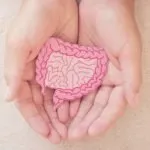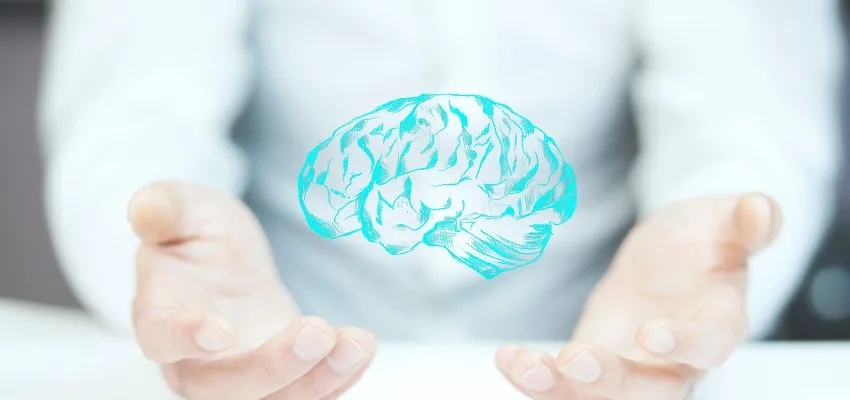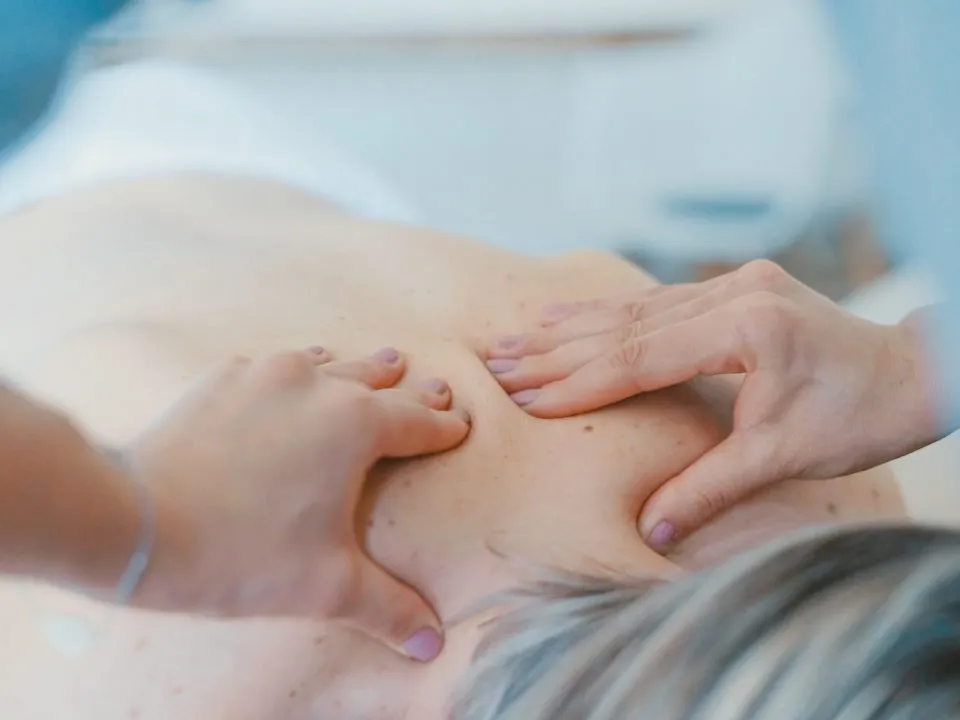
Hypnobirthing Classes Help Mother and Child

Anxiety with IBS- The Gut-Brain Connection, Symptoms, and Treatments
Growing evidence suggests that hypnotherapy could help to solve one of the world’s biggest problems.
People around the globe say they are sleep-deprived, and the COVID pandemic has made the problem worse. Hypnotherapy for sleep is a safe, affordable intervention, and new technology puts it within everyone’s reach. With a little self-hypnosis and good sleep hygiene, we might all be happier and healthier.
Does Self-Hypnosis For Sleep Work?
In 2018, researchers reviewed 139 studies evaluating hypnotherapy as a treatment for insomnia and sleep disorders. They concluded that hypnosis for deep sleep and relaxation is effective and warrants further study. The good thing about hypnotherapy is that it can be used with other therapies to increase their benefits.
During hypnotherapy for sleep, you focus your attention on yourself in order to make hypnotic suggestions and change unhealthy thoughts. The goal is not to put you straight to sleep but to help you sleep better after you do. Because self-hypnosis for anxiety requires practice for optimal results, a recording or self-hypnosis download makes the process easier. UpNow has some of the best self-hypnosis audio sessions available.
Does Better Sleep Lead to Better Health?
Hypnotherapy makes it easier to get a good night’s sleep, leading to health benefits:
1. Metabolism
Excessive sleepiness lowers self-control and increases cravings for junk food. When you don’t get enough sleep, your body produces too much cortisol, a stress hormone that makes you hang on to weight. Your system becomes less efficient at processing insulin and removing fats from your bloodstream, putting you at risk for diabetes.
2. Immune Function
Sleep loss impairs the immune system and makes your body more likely to develop diseases. You are more prone to viruses and infections, and it takes longer to recover from illnesses. The lack of sleep also contributes to chronic conditions like heart disease.
3. Memory
The neural connections in your brain require sleep to do their job. You need sleep to learn new information, but you also need sleep to process and retain the information in your memory.
4. Accident Prevention
The Sleep Foundation says sleep-deprived workers are 70 percent more apt to have accidents at work. In Sweden, employees who reported a lack of sleep were twice as likely to die accidentally at work.
5. Stamina and Performance
Lack of sleep depletes energy and reduces motivation. You will not only perform better if you get enough sleep, but you will bounce back from sore muscles and fatigue more quickly.
6. Mood
Sleep deprivation makes it hard to focus and leads to negative emotions, such as frustration and irritability. It also worsens mood disorders like anxiety and depression. Self-hypnosis for anxiety is an easy way to improve mental health.
Besides having a positive influence on personality traits, self-hypnosis lowers levels of pain and aids in overcoming phobias. Self-hypnosis for anxiety is always done with a distinct goal in mind, making it easy to find an appropriate self-hypnosis app.

What Is Deep Sleep?
During the night, most people go through several cycles of sleep. These stages are determined by distinct patterns of brain activity and vary from night to night and from person to person. The American Academy of Sleep Medicine breaks the cycles down into four stages:
Stage 1: The first cycle is a period of relaxation and light sleep.
Stage 2: During the second cycle, the sleep pattern deepens, and periods of movement, or twitches, occur.
Stage 3: The third cycle is made up of deep, slow waves, and sleep grows deeper.
Stage 4: The fourth cycle involves REM (rapid eye movement) sleep and is the time when dreaming takes place.
Researchers think Stage 3, or deep sleep, is the most restful cycle. This is when your body repairs muscles, tissues, and bones and releases growth hormones. Bedwetting, nightmares, sleepwalking, and sleep talking occur in this stage. During Stage 4, or REM sleep, heart rate, body temperature, and breathing rate go down; and dreaming takes place.
Does Hypnotherapy Help With Sleep Disorders?
Hypnosis can be used to alter emotions, thoughts, or behavior. It can also enhance other kinds of therapy and make them more effective. Chronic and acute insomnia, for example, respond to hypnosis for anxiety when used with training for sleep hygiene.
Singapore researchers found hypnotherapy for sleep useful when combined with other treatments for sleep disturbances, especially for sleepwalking, bedwetting, and head and body rocking. It may also help with problems like night terrors, sleep paralysis, and sleep-related eating disorders.
Hypnosis Near Me
Renewed Edge Hypnotherapy Center Hong Kong is the city’s leading center for hypnosis and hypnotherapy for children, teenagers and adults.
If you are in another part of the world and a search for “hypnosis near me” fails to lead you to a local hypnotherapist, we are also one of the best self-hypnosis audio sources online. Download our app to manage your sleep anxiety with hypnosis while listening to our relaxing downloads in the comfort of your own home.
Whether you choose an in-person visit or digital hypnosis, we have sessions for all the things that keep you up at night.












